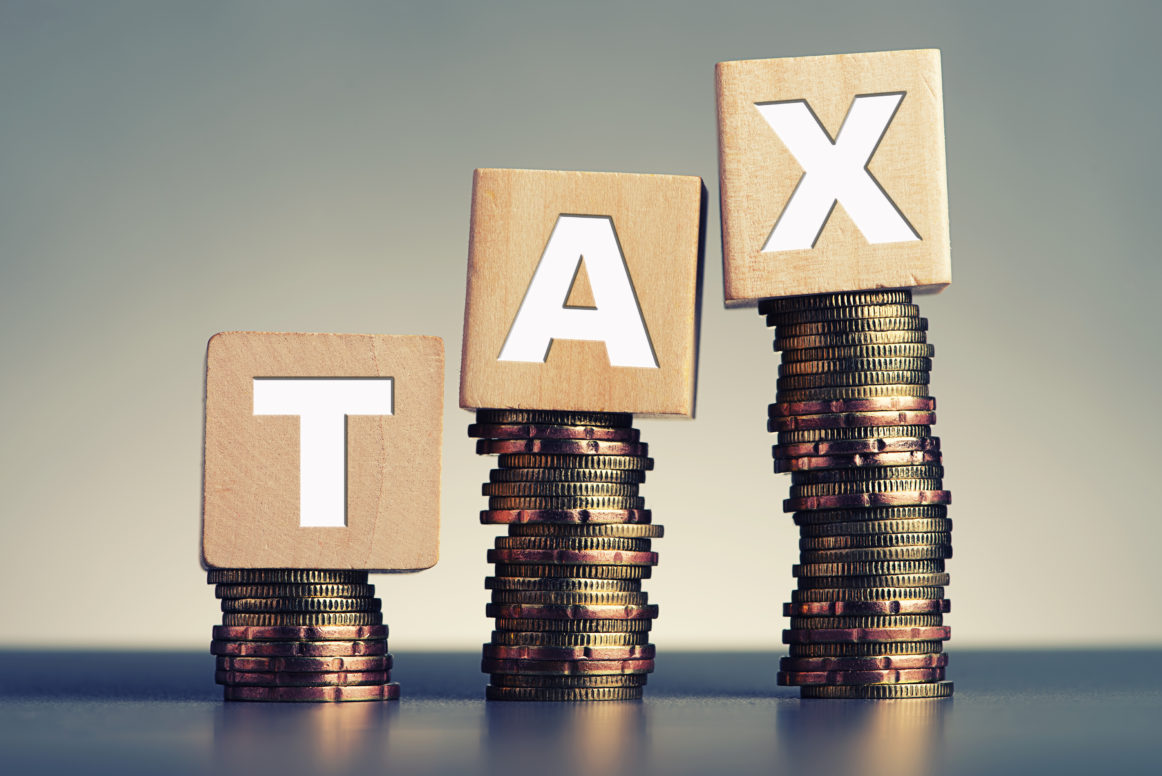When outstanding debt for $600 or more is discharged, you’ll receive a 1099-C debt cancellation income notice from that creditor, and that amount must be filed as “other income” on your federal tax returns. You are not automatically responsible for paying income taxes on the 1099-C income, but here’s what you must know to avoid it.

So you’ve settled all of your debts, paid off your creditors (some for pennies on the dollar), and now you’re able to walk away and completely put your debt issues behind you, right? Not so fast! Debt cancellation income or income from debt forgiveness is something that must be analyzed early on before you begin a debt settlement negotiation.
Many people don’t realize when they settle an outstanding debt, and the creditor discharges $600 or more; they will receive a 1099-C debt cancellation income notice from that creditor. Taxpayers are required by the IRS to report the forgiven debt as “other income” on their federal tax returns. This does not mean that you are automatically responsible for paying income taxes on the 1099-C income, but strategies must be taken in order to avoid those taxes.
For borrowers who receive a 1099-C personally on debts such as credit cards, auto loans, or home mortgages, there are insolvency exemptions that can be claimed by filing an IRS 982 tax form which you can learn about here. If the guarantor is financially insolvent at the time of debt forgiveness (assets are outweighed by liabilities) they may qualify for the insolvency exemption and therefore not be responsible for the taxable income to the extend of their insolvency. Yet in order to claim this exemption the proper IRS forms must be filed. You cannot ignore a 1099-C and hope that the income automatically goes away. The IRS is also provided copies of all 1099’C’s and will automatically consider debt cancellation income as taxable income if they do not receive a form IRS 982 with your tax return. It is strongly recommended that you consult with a CPA in order to make sure the forms are filed properly.
One question that comes up from our clients quite often is if a client will receive a 1099-C from the SBA after an Offer in Compromise settlement. Most of the time, the answer to this question is no. The reason for this is that the actual borrower of most SBA loans is the corporate entity itself, not the individual. The individual guarantor guarantees the loan and is therefore responsible for the debt until it is settled or paid in full, but will not receive a 1099-C once a settlement is reached. The business entity will eventually receive a 1099-C, but when the 1099-C is received and what portion of the discharged debt is reported to the IRS depends on several factors including the type of SBA loan, whether the debt was deemed “compromised” (settled in full) or written off as “uncollectible”, and in the case of 7(a) loans, if the direct lender reported their portion of discharged debt to the IRS.
The IRS 982 form only applies to individual guarantors; therefore when business entities do receive a 1099-C it is not able to take the same insolvency exceptions as an individual. This could lead to a scenario where (in the case of a “pass through” entity such as a single member LLC) that 1099-C income could pass through onto the members tax returns. Fortunately for most businesses that have closed or been liquidated which receive 1099-C’s, the business losses are significant enough to offset debt cancellation income and it does not end up affecting the members.
Bottom line – there are several ways to deal with 1099-C income that you receive as a result of debt forgiveness. Many debtors are afraid of debt cancellation income, so they never pursue a debt settlement strategy in the first place. You simply need to perform an analysis of the potential debt cancellation income liabilities versus the debt savings and make an informed decision. It is important to seek professional help in order to make sure that all forms are filed properly and that you can accurately predict the future outcome of your debt settlement plan and any potential debt cancellation income liabilities.

